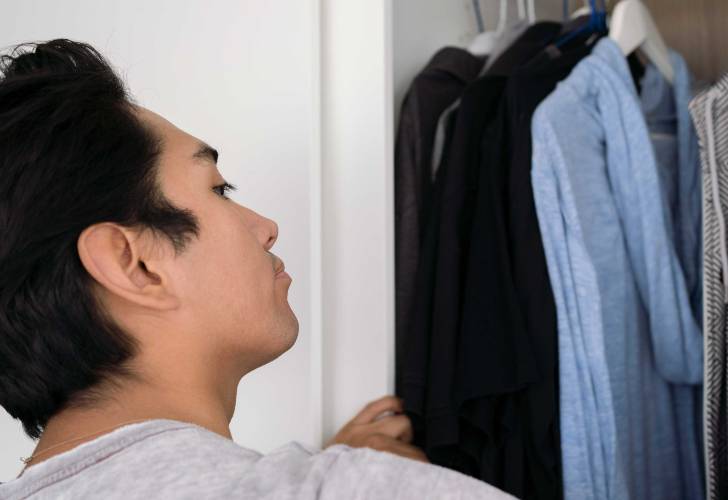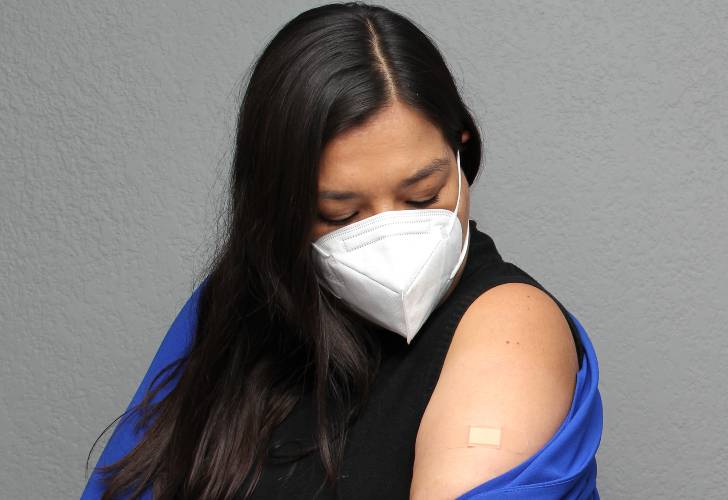
Do your muscles need more flexibility? Stretching is the answer
Stretching was always seen as necessary to warm up the muscles and prepare them for activity, but it is a discipline that can bring many benefits.
With summer and strong sunlight present for more hours of the day, the habit of wearing sunglasses is spreading. Are they suitable for your eyes?

Both sunscreen and sunglasses are necessary, especially at times of the year when the sun is scorching. They prevent damage to the health of your eyes.
There is always a tendency to think that if buy expensive glasses our vision will be protected. What matters is not so much the price but carefully reading the label where it says that they block 100% of sun rays, UVA and UVB rays.
You have to be careful with plastic lenses, although in some cases they are useful to block UV rays, if they are of poor quality, they can distort vision and cause headaches.
The size of the glasses matters: The bigger the lens the better because “The pupils will naturally dilate when someone wears sunglasses to allow more light to enter the eyes. If the frame isn’t big enough, ultraviolet light will leak around the edges of the lens and it will be easier for it to enter the eye when the pupil is dilated,” he explains.
Inna Ozerov, ophthalmologist and director of the Miami Eye Institute for an article in The Healthy.
It is also important that the sunglasses don’t get scratched leading glasses are generally treated with more care than sunglasses.. While being scratched won’t harm your eyesight, it will make your eye have to work harder to see through a damaged lens.
There is no expiration date for UV protection on the lenses, but scratches will reduce the effectiveness of the glasses. The need for sunglasses at this time of year is not just for the summer months, but they are also important during the winter months, along with sunscreen.
Always consult an ophthalmologist (eye specialist), even if your vision is perfect, they can recommend the right sunglasses for you

Stretching was always seen as necessary to warm up the muscles and prepare them for activity, but it is a discipline that can bring many benefits.

It is a difficult task for us to face, but once we do it, it translates into many benefits

Monkeypox usually affects people who are in contact with skin lesions or fluids from other people or derived fromanimals.

August is National Immunization Awareness Month, an opportunity to recognize the importance of vaccination and to check if everyone in your family is updated with the immunization schedule.